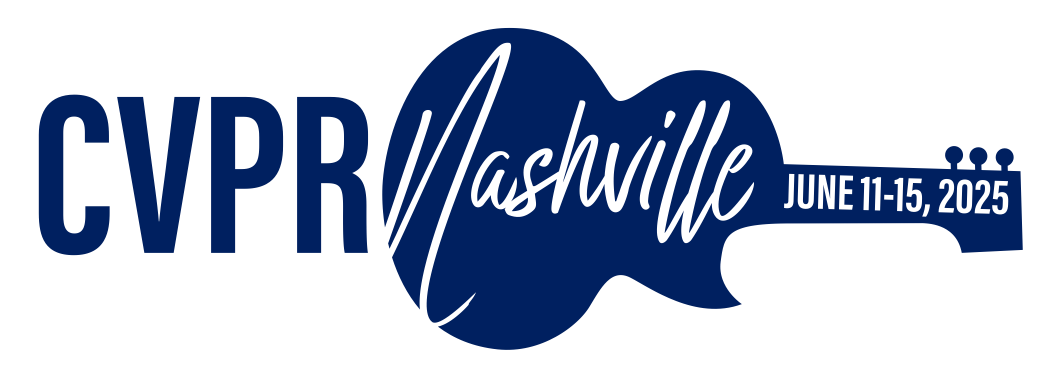-
[pdf]
[supp]
[arXiv]
[bibtex]@InProceedings{Li_2025_CVPR, author = {Li, Jiashuo and Wang, Shaokun and Qian, Bo and He, Yuhang and Wei, Xing and Wang, Qiang and Gong, Yihong}, title = {Dynamic Integration of Task-Specific Adapters for Class Incremental Learning}, booktitle = {Proceedings of the IEEE/CVF Conference on Computer Vision and Pattern Recognition (CVPR)}, month = {June}, year = {2025}, pages = {30545-30555} }
Dynamic Integration of Task-Specific Adapters for Class Incremental Learning
Abstract
Non-exemplar Class Incremental Learning (NECIL) enables models to continuously acquire new classes without retraining from scratch and storing old task exemplars, addressing privacy and storage issues. However, the absence of data from earlier tasks exacerbates the challenge of catastrophic forgetting in NECIL. In this paper, we propose a novel framework called Dynamic Integration of task-specific Adapters (DIA), which comprises two key components: Task-Specific Adapter Integration (TSAI) and Patch-Level Model Alignment. TSAI boosts compositionality through a patch-level adapter integration strategy, aggregating richer task-specific information while maintaining low computation costs. Patch-Level Model Alignment maintains feature consistency and accurate decision boundaries via two specialized mechanisms: Patch-Level Distillation Loss (PDL) and Patch-Level Feature Reconstruction (PFR). Specifically, on the one hand, the PDL preserves feature-level consistency between successive models by implementing a distillation loss based on the contributions of patch tokens to new class learning. On the other hand, the PFR promotes classifier alignment by reconstructing old class features from previous tasks that adapt to new task knowledge, thereby preserving well-calibrated decision boundaries. Comprehensive experiments validate the effectiveness of our DIA, revealing significant improvements on NECIL benchmark datasets while maintaining an optimal balance between computational complexity and accuracy.
Related Material





